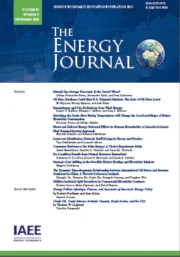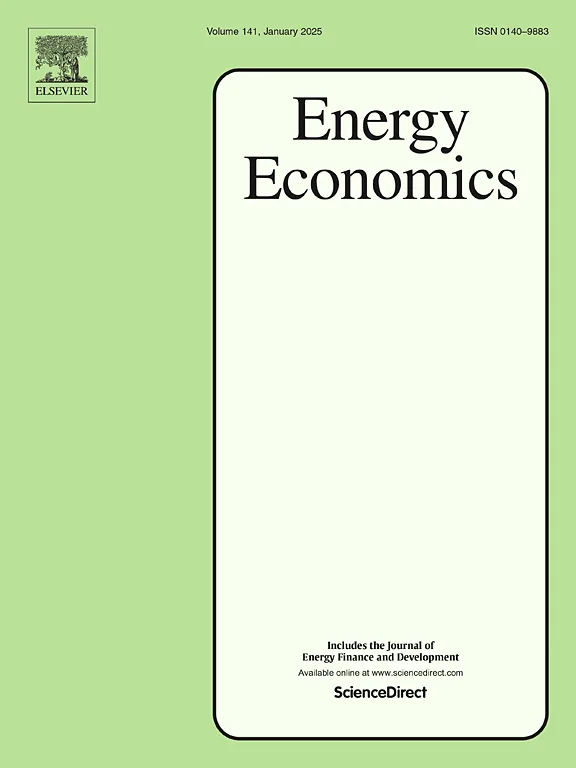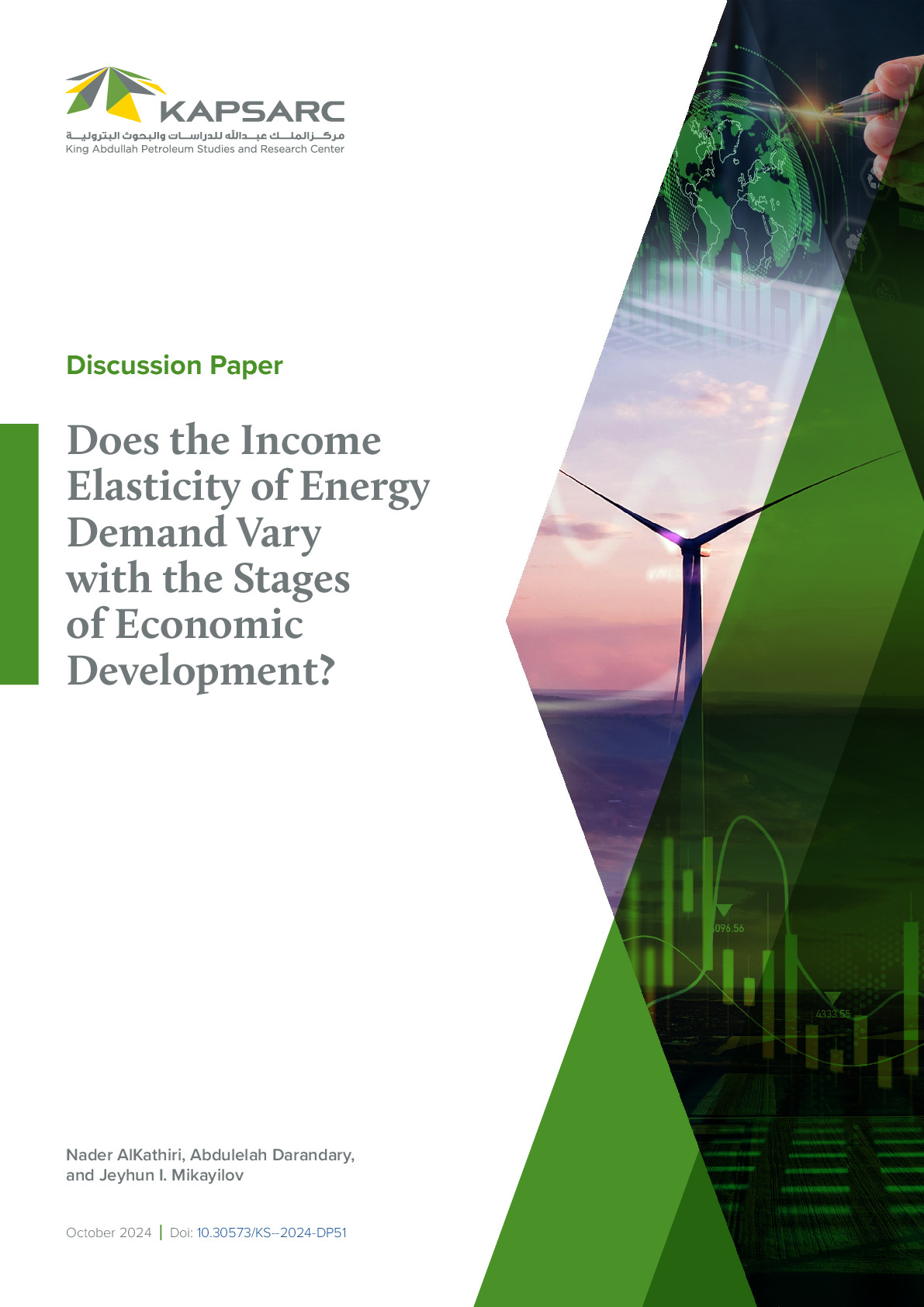In this study, we examined the impacts of population age groups of 0–14, 15–64 and 65-above on residential electricity consumption in Azerbaijan within the STIRPAT framework. Unlike many prior studies of STIRPAT framework, we analyzed this impact, employing co-integration and error correction method in order to rule out possible spurious estimation results caused by non-stationary data used. Results from the Autoregressive Distributed Lags Bounds Testing approach, which is the preferred method among alternatives in the case of small samples, indicated that the affluence together with age groups have significant impact on the residential electricity consumption in Azerbaijan and the biggest effect comes from the age group of 15–64, which is the working age population. Another finding of the study is that if there is any (economic, social, environmental, etc.) shock to the system that initially affect residential electricity consumption and affluence, the whole shock will be absorbed by the system less than in one year. Findings of the study may be useful in making appropriate decisions in the fields of residential electricity consumption. © 2017 The Regents of the University of California

Senior Principal- Energy Macro & Microeconomics Fakhri Hasanov is a senior principal and leads the KAPSARC Global Energy Macroeconometric Model projects with 20+ years of experience…
Fakhri Hasanov is a senior principal and leads the KAPSARC Global Energy Macroeconometric Model projects with 20+ years of experience in econometric modeling and forecasting. Since 2015, he has been involved in multistakeholder projects, leading and executing macroeconomic analysis of various policy choices and initiatives (e.g., energy prices, energy demand, and fiscal reforms) for the Kingdom’s economy. He has extensive experience working with policymakers. Prior to KAPSARC, he was a post-doc at George Washington University.
His research mainly covers macro-econometric modeling for energy and environmental economics policy analyses. Dr. Hasanov has authored 50+ applied studies published in reputable journals such as Energy Policy, Energy Economics, Empirical Economics, and Energy Strategy Review. His research is recognized internationally (e.g., he is listed among the top 2% of scientists globally by Elsevier). Fakhri is an editorial board member of various peer-reviewed journals, such as Frontiers in Environmental Science. He holds a Ph.D. in econometrics.
Expertise
- Econometric modeling and forecasting
- Time series and panel data econometrics
- Macroeconometric models for policy analyses
- Energy economics
- Environmental economics.
Publications See all Fakhri Hasanov’s publications

The Role of the Petrochemical Sector’s Exports in the Diversification of the Saudi Economy. A Scenario Analysis of the Foreign and Domestic Price Shocks
In this study, we examined the impacts of population age groups of 0–14, 15–64 and…
4th February 2025
Macroeconomic and Sectoral Effects of Natural Gas Price: Policy Insights from a Macroeconometric Model
In this study, we examined the impacts of population age groups of 0–14, 15–64 and…
4th February 2025

